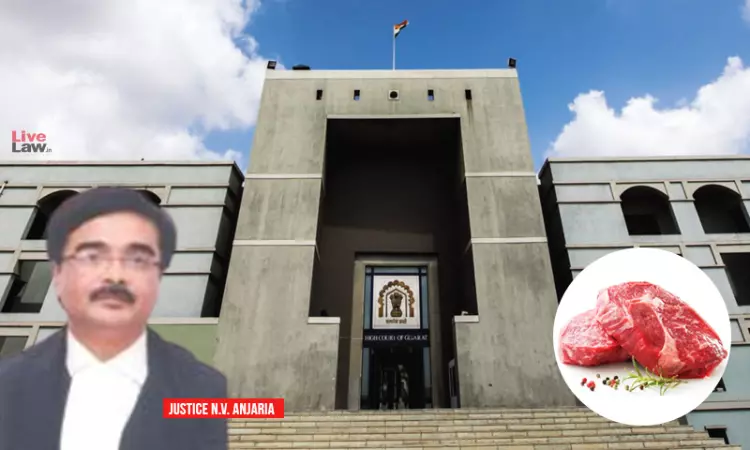Right To Safe Food A Fundamental Right U/Article 21; Right To Sell Meat Subservient To Public Health: Gujarat High Court
Sparsh Upadhyay
11 April 2023 8:52 PM IST

Next Story
11 April 2023 8:52 PM IST
Holding that right to safe food is a Fundamental Right under Article 21 of the Constitution of India, the Gujarat High Court today observed that the right to free trade in food items like meat, or any such food has to be subserving to the public health and food safety requirements. The bench of Justice N. V Anjaria opined thus while disposing of a bunch of PIL Pleas filed by meat vendors...
